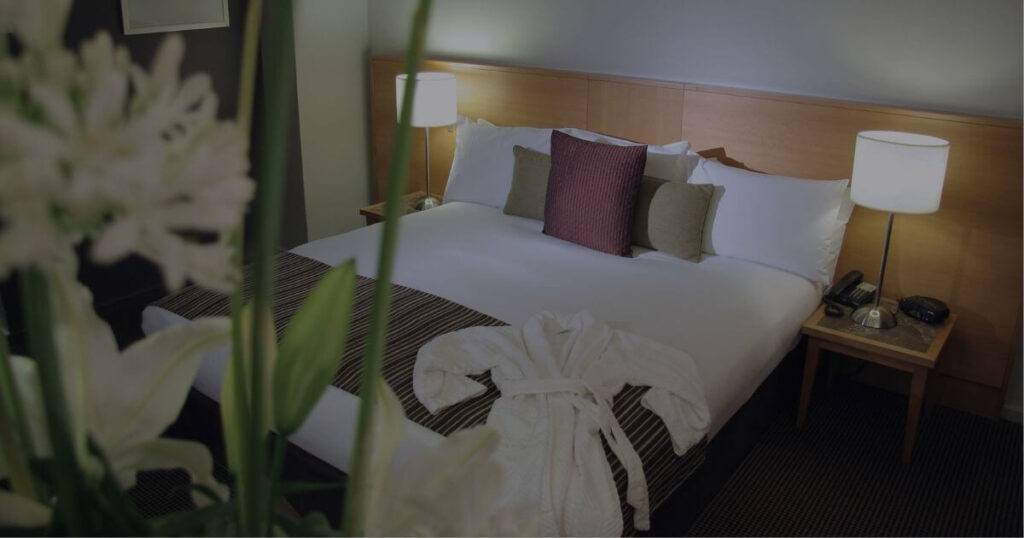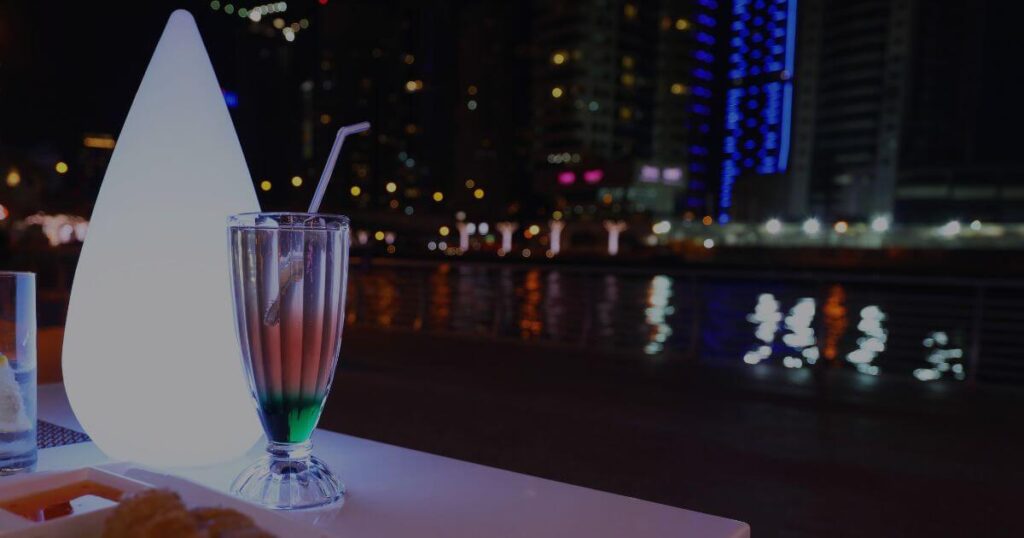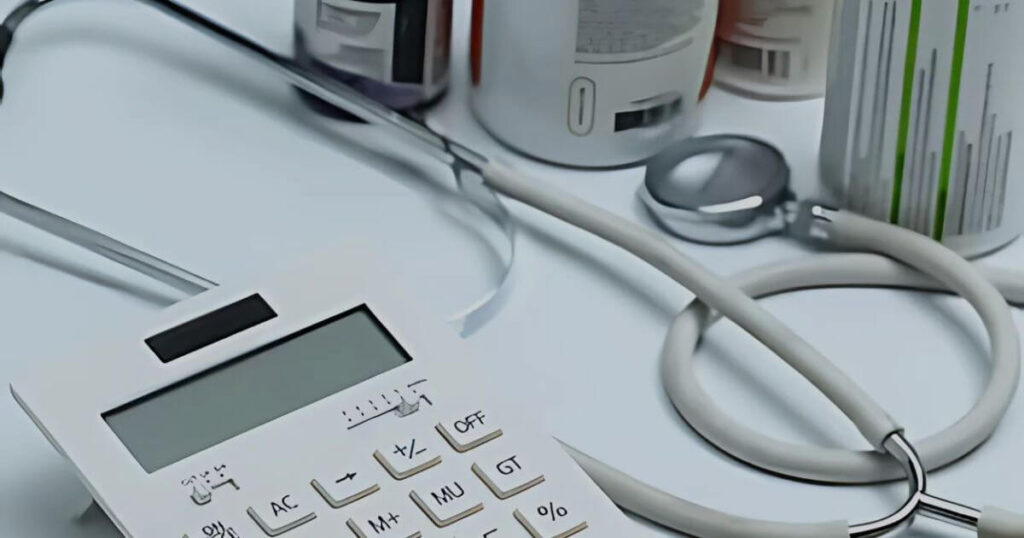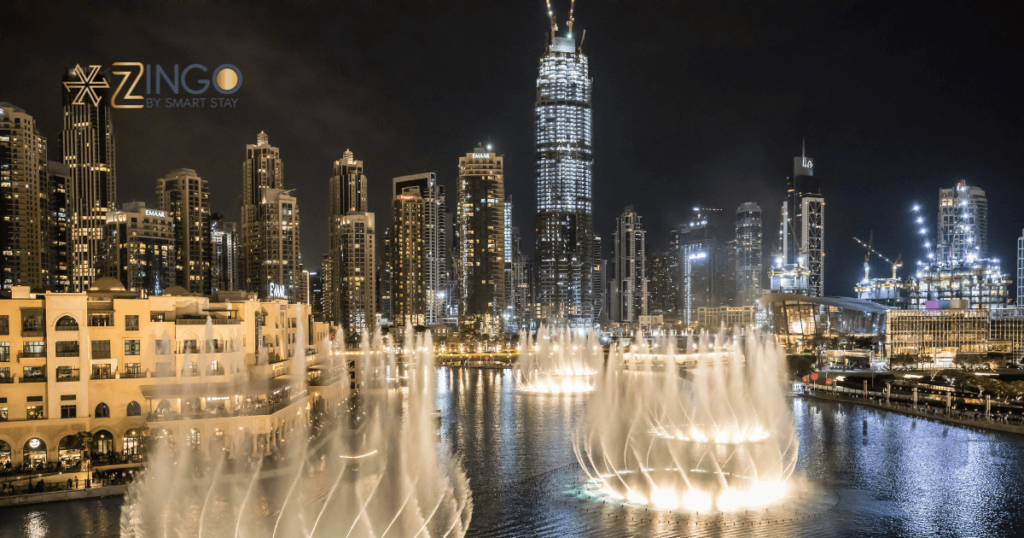Cost of living in Dubai refers to the prices one has to pay to manage and sustain a specific lifestyle while living in Dubai.
Cost of living is a requirement that one has to comply with to meet basic needs oneself which include all the living expenses including house, food, education, and clothing along with state requirements i.e. taxes, utilities, and so on.
The higher a region’s cost of living, the more difficulty one would have in maintaining a worthy lifestyle in that particular region, and vice versa.
The cost of living in Dubai is very high or this is the perception people have about Dubai. Let’s dive deep to learn more about it.
What is the average Cost of Living in Dubai?
Dubai has spearheaded the global tourism industry as well as the real estate industry along with leading the way in infrastructural development.
This has garnered hefty foreign investments and has catalyzed Dubai’s economic sustenance. This in turn has elevated the lifestyles of the people of Dubai and has made Dubai reach the epidemy of luxury and extravagance.
The average cost of living in Dubai typically ranges from AED 9,000 to AED 15,000 per month, depending on lifestyle choices and family size. This includes housing, utilities, groceries, transportation, education, and healthcare expenses.
Housing and Accommodation
This also applies to the properties in Dubai where the demand for the properties is very high. Ranging from highly inexpensive areas to lavish places like the Dubai Marina, Jumeirah Beach, or downtown Dubai which are priced accordingly.
Zingo Smart Stay is offering the most affordable apartments in Dubai with amenities like Luxury experience, secure environment, and perfect locations.

If you are visiting Dubai and want to minimize the cost, you can choose 1 bedroom apartments in Dubai. These apartments are mostly affordable and provide the luxury and comfort of a home. You want something affordable, get a 1 bedroom apartment.
Here’s a table to represent the average rent of apartments in Dubai:
| Apartment Type | Average Monthly Rent (AED) |
| 1 BHK Apartment | AED 7,000 – AED 10,000 |
| 2 BHK Apartment | AED 9,000 – AED 15,000 |
| 3 BHK Apartment | AED 15,000 – AED 30,000 |
Education in Dubai
Education is one of the major constituents of the cost of living in Dubai. Dubai’s education system is an accumulation of three levels of education starting from primary education which includes Kindergarten.
The primary system of education in Dubai can accommodate children aged 45 days all the way up to 5 years. The cost of this preschool education ranges from AED 950 to 2900 AED.

The second level of education is the school level which accommodates children of ages above 5 years. The school system with distinctive curriculums in Dubai is dominated by private schools such as King’s School, Dubai International Academy, etc. The fee structures of these schools vary with an average fee coming put at 82,600 AED with public schools offering education for free.
The 3rd level is the Higher Education level. Dubai is home to some of the top 400 universities ranked in the QS ranking. The fee structures of these universities depend on the levels of study and how they’re ranked, ranging between AED 38000 to 70000 AED. So, this impacts the cost of living in Dubai a lot.
| Education Level | Average Annual Cost (AED) |
| Preschool (Nursery) | AED 15,000 – AED 40,000 |
| Primary School (Private) | AED 20,000 – AED 70,000 |
| Secondary School (Private) | AED 25,000 – AED 100,000 |
| Higher Education (Universities) | AED 38,000 – AED 70,000 |
Utilities
Utilities in Dubai constitute of Television payment, mobile payment, and internet plans along with major utilities i.e. water and electricity collected by Dubai Electricity and Water Authority (DEWA). This is another expense that is added to the cost of living in Dubai.
The major utilities, water, and electricity vary based on the time of the year, depending on the season i.e. the bill in the summers would be higher as compared to winters. Usually, the DEWA for a BHK ranges from 400 to 600 AED depending on the unit consumption.
Another major utility that citizens of Dubai have to account for is the TV and internet payments. These can range from 300 to 350 AED depending on the package you opt for, Etisalat and Du being the major internet service providers in the region. Mobile bill is exclusive of this which on the side can cost 200 to 500 AED.
| Utility Type | Average Monthly Cost (AED) |
| Water and Electricity (DEWA) | AED 400 – AED 600 |
| TV and Internet | AED 300 – AED 350 |
| Mobile Phone | AED 200 – AED 500 |
Food and Dining Expenses
Food and Dining expenses are also included in the cost of living in Dubai. Dubai caters to a wide array of people from all over the globe with diverse tastes.
Dubai offers cuisines from all over the world from Asian to European, along with Middle Eastern flavours. A general meal in Dubai comes at an average cost ranging from 20 to 40 AED whereas the cost of eating at a restaurant starts from around 50 AED.

On the other hand, grocery bills vary on the basis of the kind of food, size of the household, and quantity. The grocery bill can range from 200 to 400 AED which includes staples only such as bread rice and eggs and can cost 300 to 600 AED if fruits and vegetables are added. The price increases with added items.
The overall cost of grocery as an aggregate comes out ranging from 1400 AED to 2700 AED adding to the cost of living in Dubai.
| Expense Type | Average Cost (AED) |
| General Meal | AED 20 – AED 40 |
| Restaurant Meal | Starting from AED 50 |
| Grocery (Staples Only) | AED 200 – AED 400 |
| Grocery (Including Fruits & Veg.) | AED 300 – AED 600 |
| Overall Monthly Grocery | AED 1,400 – AED 2,700 |
Healthcare costs
There are two major categories of healthcare services in Dubai. Public healthcare services that are easily approachable for the citizens of Dubai at minimal costs. Healthcare is also an expense that impacts the monthly cost of living in Dubai.

The other category is the private healthcare sector known for its high standards. Citizens of Dubai are required to have health insurance which can cost from 700 to 1500 AED per month depending on the coverage plan one opts for.
| Healthcare Category | Description | Average Monthly Cost (AED) |
| Public Healthcare | Accessible to citizens at minimal costs | Varies (minimal) |
| Private Healthcare | Known for high standards, requires health insurance | AED 700 – AED 1,500 |
Transportation
Dubai is home to diverse transportation which includes its expansive bus and metro network along with private options i.e. owning and renting personal vehicles. This expense is also part of the cost of living in Dubai. The bus network is online from 4:00 a.m. to 1:00 a.m., with prices starting from 3 AED, and can be accessed using an NOL card.

Dubai also offers taxi service with prices starting from 12 AED with an additional charge of 1.97 AED per kilometre. Dubai is also connected internally with its widespread rail network.
| Transportation Type | Details | Average Cost (AED) |
| Bus Network | Operates from 4:00 a.m. to 1:00 a.m. | Starting from AED 3 (using NOL card) |
| Taxi Service | Prices start at AED 12, with additional charges | AED 12 + AED 1.97 per kilometre |
| Rail Network | Widespread internal connectivity | Varies by distance and type |
Cost Living: Dubai vs Abu Dhabi
Abu Dhabi has been announced recently as the world’s richest city with 1.7 trillion dollars worth of assets. Both cities are famous for their lavish lifestyles and amazing tourism locations. The cost of living Dubai vs Abu Dhabi is the same if we do a general overview. However, if we search in depth, we might find differences in some areas.
Conclusion
The cost of living is majorly dependent on the particular lifestyle one would like to follow. Dubai is home to people with diverse backgrounds and diverse incomes whom Dubai is capable of accommodating fully.
Although the cost of living in Dubai has risen in the past few decades Dubai is still at the epicenter of global tourism with its infrastructural marvels and exceptional tourist attractions. Dubai has also proven to be a haven for expats, business personnel, and foreign investors with its progressive visionary developments.


